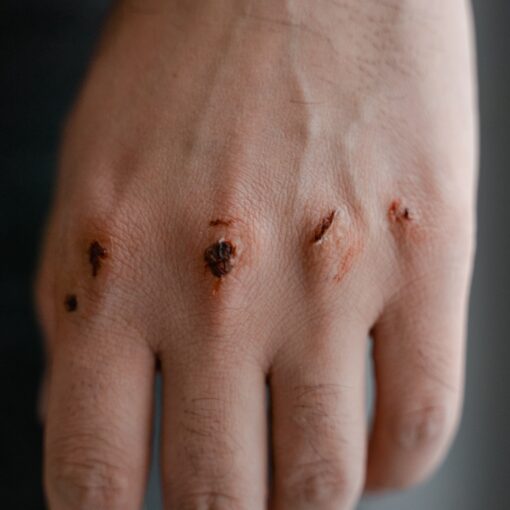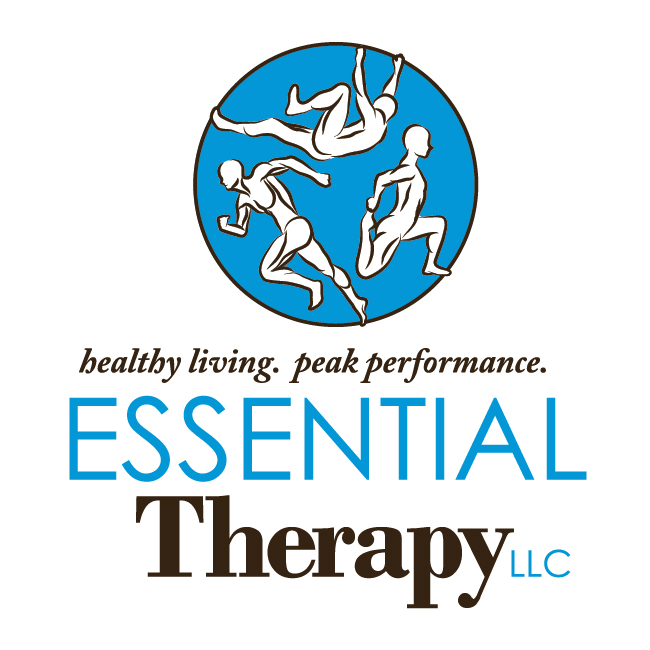The Board meeting following the end of the public comment period was this past Thursday (June 21). Most of the effects from the meeting were good. By and large, the Board listened to our concerns and some very problematic portions of the regulations were removed, especially the portions that would put most businesses out of practice. It was not all good, however, and we still have some work to do.
In the win category the continuing education to continuing competency language was reverted back to the original ‘continuing education’ language in order to comply with the national standards (section .0701). The number of hours allowed in the various additional categories were modified generally down in order to limit how much could be done outside of actual skill improvement. The mentorship category in particular reduced the number of hours and increased the requirements to verify that it was useful and adding to the therapist’s skill levels.
The other big areas that were removed and will make business owners lives easier were the sections regarding the application and facility requirements. The public comment committee which read all of the complaints that were sent to the board said that these sections had a lot of complaints. Several sections were removed completely ( the 10 x 12 minimum room size, the facility plan, the equipment list, and the city inspections) and most had their language modified. The explanations below are NOT an exhaustive list of the changes made by the Board to the proposed regulations; there were several minor changes to language in the regulations for the purposes of clarification and in response to questions and concerns by people who wrote to the Board.
- .1001 Establishment License Requirements The time for a clinic to apply for the establishment license in this initial phase was increased to 180 days, which will help existing clinics, especially large ones, spread out the effort and expenses in this new fee.
- .1003 Exemptions from Licensure This section was removed entirely- the numbers below reference the OLD numbering system. Please see below for more information about why this change may not be good for us.
- .1004 Initial Application for Establishment License The lease and therapist information required was modified in a way that allows small owners and new owners a little more flexibility in providing the information, although it is still substantially the same. Language was added that applies to clinics whose owners are NOT LMBTs and what is necessary for them to be properly licensed (this will apply mostly to chains and franchises). Facility plans, equipment lists, and city inspections requirements were all removed.
- .1005 Establishment Operations The big win here (which we had been promised in April but was postponed to this meeting) was the removal of the 10×12 minimum room size and 3 foot clearance regulation. This would have affected the greatest number of clinics and put many of them in danger of closing. Language regarding advertising was modified to be more comprehensive and uniform, and time limits to update the information on therapists who work at a clinic was added in the interest of public safety. The language regarding sanitation practices was modified on account of complaints about overuse damaging products. However, blankets were directly and deliberately added to the linen laundering language, which may affect the use of table coverings such as sheepskin and table heater in the future. If you prefer the use of table heaters and extra padding, you may need to help us contact the Rules Review Commission for further modification of this language.
- .1007 Inspections Language was added to protect client privacy, safety, and comfort during inspections.
- .1011 Informing the Board of Violations Language was changed to reflect alleged vs actual violations, and the time limit to report violations to the Board was slightly increased to account for constraints of running a real business. The initial increase proposed was deemed too extreme, and the Board, after discussion, settled on a 5 business day period to report violations.
All in all, these changes make the regulations more in support of the spirit of the law without the letter of them harming existing and legitimate business owners. I, and all the therapists who have been fighting this, appreciate the letters you sent to the Board in support of the industry.
There are, of course, several areas that may still be of concern to us as massage therapists. There was very little the Board felt it could do about the addresses of the therapists being available to the public, as that information is considered public record; this of course increases the risks in reporting clinics in violation of massage regulations. Many people do not realize that illicit businesses who use massage as a front for illegal activity are often owned by the local mafia or cartels, and as there have been several failures to preserve anonymity, personal danger is a very real and present risk. One of the purposes of LookBeforeYouBookAMassage.com is to help educate both therapists and the general public about these businesses to reduce personal risk. Even in cases where the owners are simply common criminals or lax therapists and colleagues who fail to renew licenses, reporting can result in bad blood that may spill into business-damaging rivalries and repercussions.
Another large area of concern was section .1003 Exemptions to Licensure . This portion was removed entirely (changing the section numbers of all the following sections; the numbers referenced above were the OLD regulation numbers). While this may sound like a win for the industry (as many of the exemptions were in no way related to the prevention of human trafficking), the reason the section was removed was because it’s already baked into the Massage Therapy Practice Act, the LAW, and leaving it in was deemed confusing and redundant. Changing the existing law to reflect best practices is much harder than changing the proposed regulations, and something that may not actually be in the best interest of the profession. If a legislator that has a grievance against the industry gets a hold of it, they could actually make it worse. We are still exploring what our options may be to provide protection to the public without damaging ourselves in the process.
Reflexology was briefly mentioned in the policy committee discussion. As far as I could tell (the public gallery was not able to comment at this time), the Board is attempting to meet with the Reflexology Association and the Certification Board for reflexologists, but they are having a hard time finding a meeting time to accommodate everyone’s schedule. The reflexology and energy work exemption from the massage license dates back to the creation of the Massage Therapy Practice Act, and is not something that can or should be handled by the Massage Board alone. It is my presumption that the meeting will help find some acceptable compromises between the leaders of massage and reflexology to take to the legislature in order to update the Practice Act.
Please check back later in the week for links to video from the meeting, and discussion of other changes and proposals from the Board.
Please see these posts for older information:




